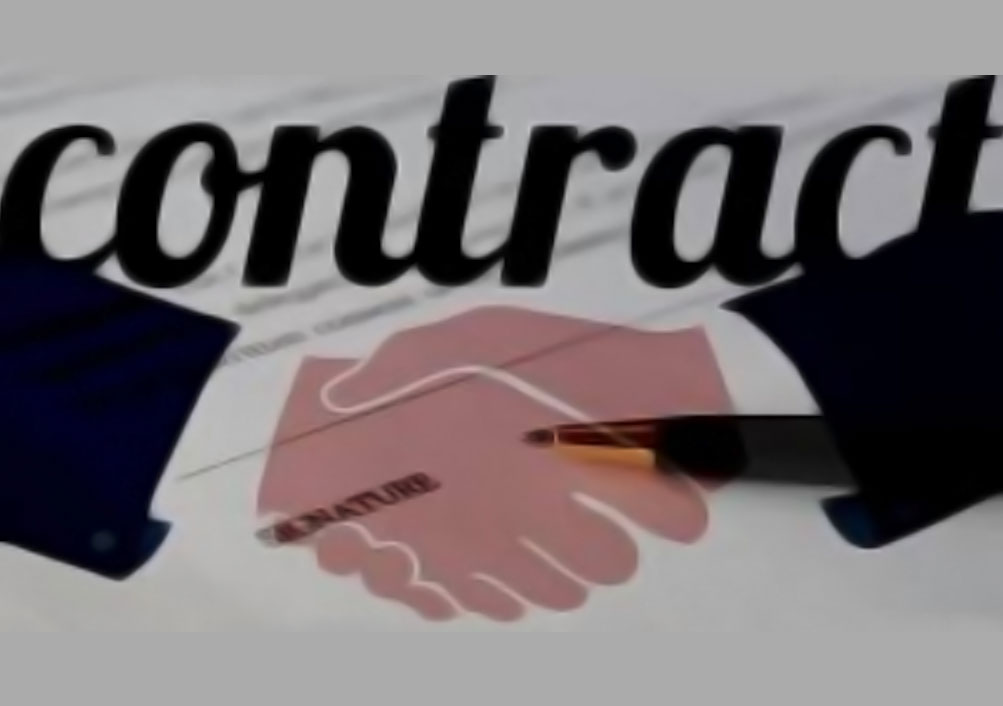Pure contractual matters in field of private law, having no statutory flavour, are better adjudicated upon by agreed forum and not by Writ Courts: SC

Read Judgment: Union of India & Ors vs. M/s Puna Hinda
Pankaj Bajpai
New Delhi, September 13, 2021:The Supreme Court has recently ruled that pure contractual matters in the field of private law, having no statutory flavour, are better adjudicated upon by the forum agreed to by the parties.
The Division Bench of Justice Hemant Gupta and Justice A.S. Bopanna observed that the process of assessment of due amount payable in contractual matters could be undertaken only by the agreed forum i.e., arbitration and not by the Writ Court as it does not have the expertise in respect of measurements or construction of roads.
The observation came pursuant to an order passed by the Division Bench of the High Court holding that resurvey for measurement and DPR(Detailed Project Report) would not be just and fair at this stage since five monsoons had passed and therefore, the only option left to the appellants was to approve the DPR and pay the pending bills on the basis of Final Joint Survey/Measurement Report.
The background of the case was that a Notice Inviting Tender (NIT) was issued for construction and improvement of road between Lumla and Tashigong under Special Accelerated Rural Development Programme (SARDP). The bid of the petitioner was accepted and the work order was later amended by the parties leading to enhanced work cost at Rs. 35,03,15,695.23.
The contractor completed the formation work and communicated the same, after which a joint survey of the works was carried out by the Board of Officers, who directed the petitioner not to cut extra road formation width without obtaining proper written permission from the Competent Authority, and it was said that in case any formation work was carried out, no payment shall be made after the report of the Board of Officers.
Finally, the Joint Survey Report was presented, but was rejected by the Competent Authority, who submitted that each payment stood released to the petitioner as per claim based on joint measurement and duly accepted till finalization of the formations work as per special conditions of contract, and hence any extra claim after fifteen months of completion of formation work was baseless.
The petitioner then communicated that it would be bound to stop/abandon the project work and the responsibility shall be that of the department itself for projecting an indifferent attitude, if the department cannot pay the work done by it as has been claimed.
Accordingly, the petitioner submitted a final bill and claimed a sum of Rs.23,68,11,589.02. It was asserted that payment for amount claimed in the 18 running bills had been made, but in respect of 19th and 20th running bill, entries had been made in the measurement book however the payment had not been cleared yet.
The final bill was however returned un-actioned and the petitioner was informed that the payment up to 18 running bills had already exceeded the permissible approved amount including escalation payment and was also informed of the deficiencies.
It was also asserted that the “Joint Survey Report” on the basis of which the contractor was asking additional payment had not been authenticated/admitted by the Chief Engineer(P) Vartak nor ordered by any authority, and therefore contractually contractor’s claim couldnot be admitted.
Quoting the decisions in cases of Radhakrishna Agarwal vs. State of Bihar, PremjiBhaiParmar vs. DDA and Divl. Forest Officer vs. Bishwanath Tea Co. Ltd., the Top Court opined that where the contract entered into between the State and the persons aggrieved is non-statutory and purely contractual and the rights are governed only by the terms of the contract, no writ or order can be issued under Article 226 of the Constitution of India so as to compel the authorities to remedy a breach of contract pure and simple.
While reiterating that the dispute could not be raised by way of a writ petition on the disputed questions of fact, the Division Bench highlighted that dispute as to whether the amount is payable or not and/or how much amount is payable are disputed questions of facts and there is no admission on the part of the appellants to infer that such amount stands crystallized.
The Bench went on to state that in the absence of any acceptance of Joint Survey Report by the competent authority, no right would accrue to the writ petitioner only because measurements cannot be undertaken after passage of time.
Maybe, the resurvey cannot take place but the measurement books of the work executed from time to time would form a reasonable basis for assessing the amount due and payable to the writ petitioner, added the Top Court.
Therefore, noticing that collusion of some of the officers of the appellants with the contractor cannot be ruled out and that such collusion seems to be the basis of the writ petition filed before the High Court, the Apex Court allowed the present appeal.
Sign up for our weekly newsletter to stay up to date on our product, events featured blog, special offer and all of the exciting things that take place here at Legitquest.




Add a Comment